Serbs in northern Kosovo "suspend protest"
Serbs in northern Kosovo have decided to "temporarily call off the protest at Jarinje", organized in reaction to construction of an "integrated crossing" there.
Friday, 07.12.2012.
09:06

LEPOSAVIC Serbs in northern Kosovo have decided to "temporarily call off the protest at Jarinje", organized in reaction to construction of an "integrated crossing" there. The decision was made unanimously - after councilors of the Radical Party (SRS) left - during a joint session of all four Serb municipalities in the north of the province. The local officials said that they made the decision despite the fact that they remained opposed to the Brussels agreement on integrated crossings. Serbs in northern Kosovo "suspend protest" The deal - officially "Integrated Border Management (IBM)" - was initialed last spring by the previous Serbian government during the EU-sponsored Kosovo talks. According to reports, the local Serbs have in the meantime left the location near Jarinje where they held the protest during the past three days. The Serbs, who are a majority north of the Ibar River, opposed it out of fear that it might set up a border between them and central Serbia. Friday's meeting concluded that the Serbs in the north expected the Serbian government to halt the works at Jarinje, and that they were steadfast in their position not to accept a border at the checkpoints of Jarinje and Brnjak. The local Serbs continue to reject the Pristina institutions, and say that all open issues must be solved by non-violent, political means, and within UN Security Council Resolution 1244. The conclusions also stressed that the Constitutional Court of Serbia must now appraise the legality of relevant decrees and agreements. The councilors were also informed about a conclusion adopted by the Serbian government on Thursday, and see some parts of it as "written guarantee" that goods and people will move freely across the two checkpoints - until a final agreement has been reached. The councilors expect the Serbian parliament to verify the government's guarantees through a resolution, and demand full involvement of the Kosovo Serbs regarding the creation of a platform and policy on Kosovo. During a break in the session earlier in the day, Kosovska Mitrovica Mayor Krstimir Pantic told reporters that during the meeting in Brussels between Ivica Dacic, Hashim Thaci and Catherine Ashton, "a demands tabled by Dacic related to the demands of Kosovo Serbs for the regime at Jarinje and Brnjak to remain unchanged" had been accepted: "All our demands have been accepted both by the EU and the Kosovo premier." He also said there was "no reason" for the councilors to withhold their support for the government conclusion adopted on Thursday, and urged them to work with the government to reach the best possible solution for the status of the north of Kosovo, and the whole of the province. Pantic announced that talks on integrated management of crossings would resume in Brussels on January 10, "because technical protocols on this issue have not been clearly defined". The mayor also noted that the current agreement "will not be in force only until January 10, but until a solution has been reached that will take into account our legal and legitimate interests." Copies of the Serbian government conclusion, adopted on Thursday, were handed out to councilors before the joint session today. The document stated that customs will not be collected at Jarinje and Brnjak for the goods meant for northern Kosovo, and that the residents will be able to freely use personal documents and car license plates issued by Serbia. The government intends to implement the deal reached on the IBM agreement, but if the other side violates it, Serbia will suspend it. This "regime" will be in force until a final agreement related to integrated management of the crossings has been reached, the government also said in its conclusion, and specified that Jarinje and Merdare would open on December 10, followed by Brnjak and Konculj on December 31. PM Ivica Dacic previously said that the meeting on Thursday between the country's top officials and representatives of Serbs from northern Kosovo "confirmed the state unity on the Kosovo policy". “Four administrative line crossings between Kosovo and central Serbia will be established by the year's end and that those crossings will be status-neutral. We do not see or accept them as any border crossings or border but solely as temporary buildings that have a status of administrative crossings,” he explained. (Beta) B92 Tanjug
Serbs in northern Kosovo "suspend protest"
The deal - officially "Integrated Border Management (IBM)" - was initialed last spring by the previous Serbian government during the EU-sponsored Kosovo talks.According to reports, the local Serbs have in the meantime left the location near Jarinje where they held the protest during the past three days.
The Serbs, who are a majority north of the Ibar River, opposed it out of fear that it might set up a border between them and central Serbia.
Friday's meeting concluded that the Serbs in the north expected the Serbian government to halt the works at Jarinje, and that they were steadfast in their position not to accept a border at the checkpoints of Jarinje and Brnjak. The local Serbs continue to reject the Priština institutions, and say that all open issues must be solved by non-violent, political means, and within UN Security Council Resolution 1244.
The conclusions also stressed that the Constitutional Court of Serbia must now appraise the legality of relevant decrees and agreements.
The councilors were also informed about a conclusion adopted by the Serbian government on Thursday, and see some parts of it as "written guarantee" that goods and people will move freely across the two checkpoints - until a final agreement has been reached.
The councilors expect the Serbian parliament to verify the government's guarantees through a resolution, and demand full involvement of the Kosovo Serbs regarding the creation of a platform and policy on Kosovo.
During a break in the session earlier in the day, Kosovska Mitrovica Mayor Krstimir Pantić told reporters that during the meeting in Brussels between Ivica Dačić, Hashim Thaci and Catherine Ashton, "a demands tabled by Dačić related to the demands of Kosovo Serbs for the regime at Jarinje and Brnjak to remain unchanged" had been accepted:
"All our demands have been accepted both by the EU and the Kosovo premier."
He also said there was "no reason" for the councilors to withhold their support for the government conclusion adopted on Thursday, and urged them to work with the government to reach the best possible solution for the status of the north of Kosovo, and the whole of the province.
Pantić announced that talks on integrated management of crossings would resume in Brussels on January 10, "because technical protocols on this issue have not been clearly defined".
The mayor also noted that the current agreement "will not be in force only until January 10, but until a solution has been reached that will take into account our legal and legitimate interests."
Copies of the Serbian government conclusion, adopted on Thursday, were handed out to councilors before the joint session today. The document stated that customs will not be collected at Jarinje and Brnjak for the goods meant for northern Kosovo, and that the residents will be able to freely use personal documents and car license plates issued by Serbia.
The government intends to implement the deal reached on the IBM agreement, but if the other side violates it, Serbia will suspend it.
This "regime" will be in force until a final agreement related to integrated management of the crossings has been reached, the government also said in its conclusion, and specified that Jarinje and Merdare would open on December 10, followed by Brnjak and Končulj on December 31.
PM Ivica Dačić previously said that the meeting on Thursday between the country's top officials and representatives of Serbs from northern Kosovo "confirmed the state unity on the Kosovo policy".
“Four administrative line crossings between Kosovo and central Serbia will be established by the year's end and that those crossings will be status-neutral. We do not see or accept them as any border crossings or border but solely as temporary buildings that have a status of administrative crossings,” he explained.






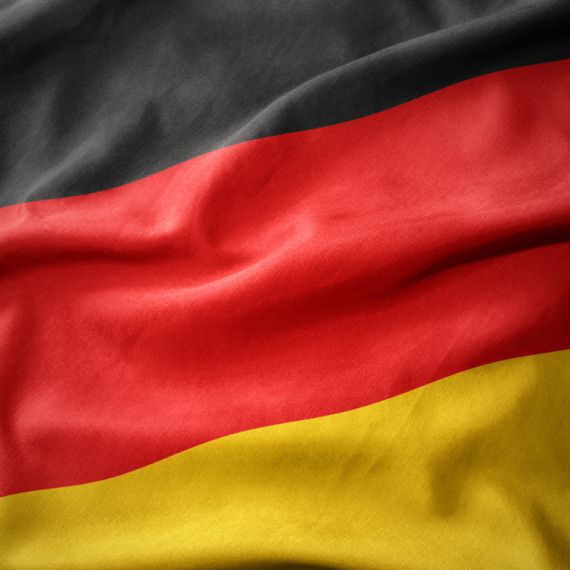



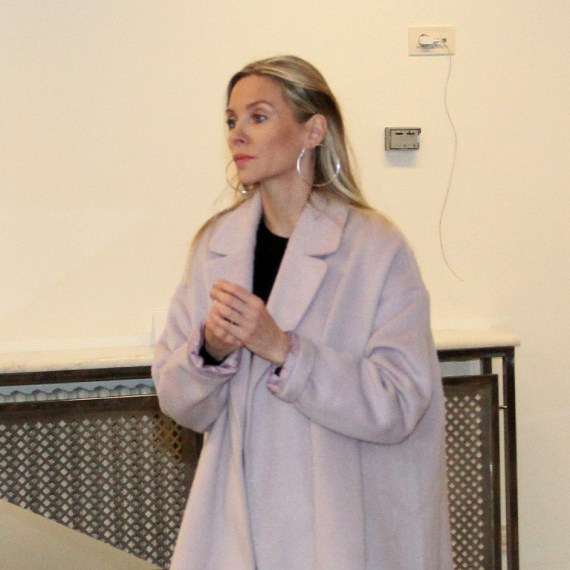

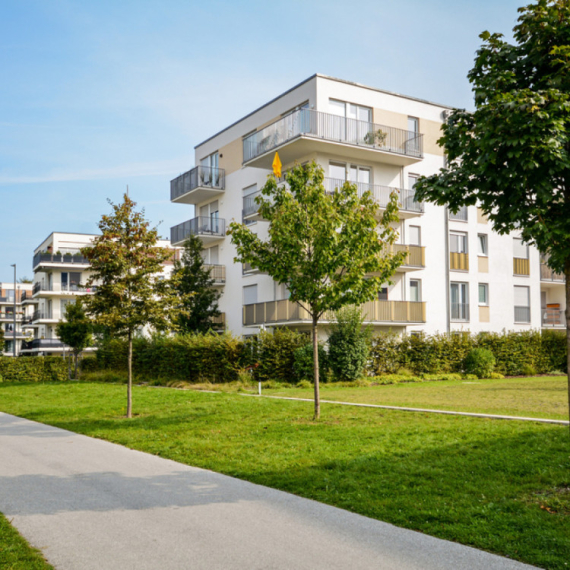

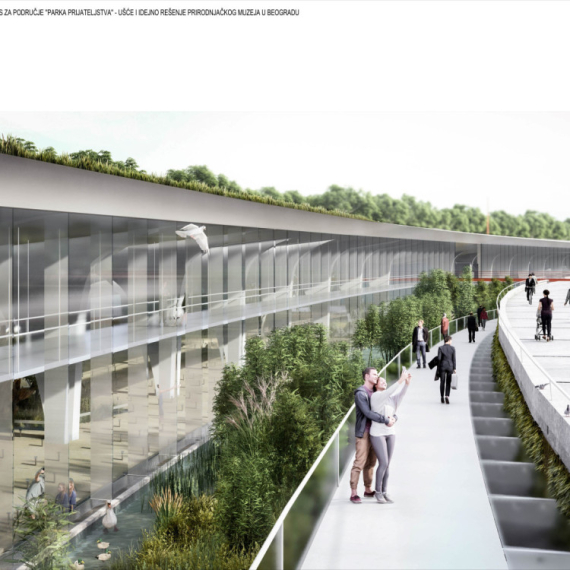


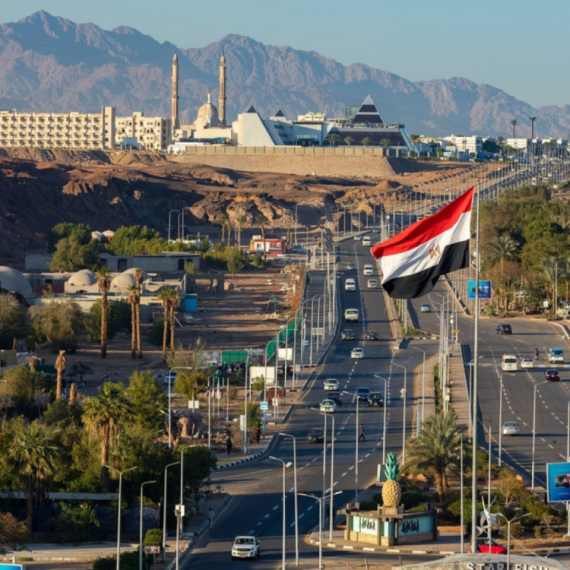

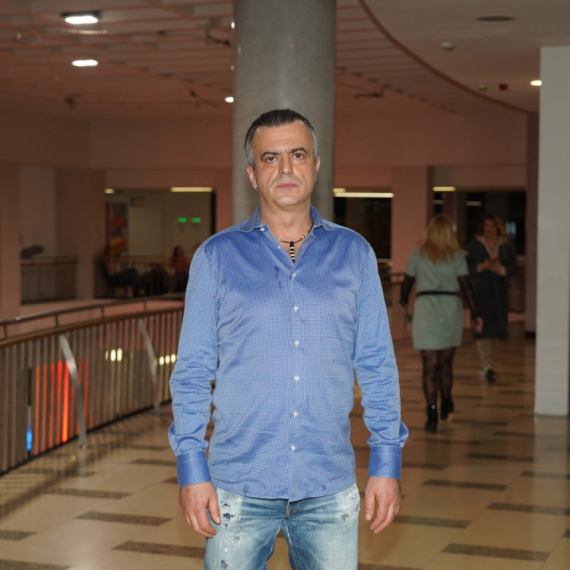
































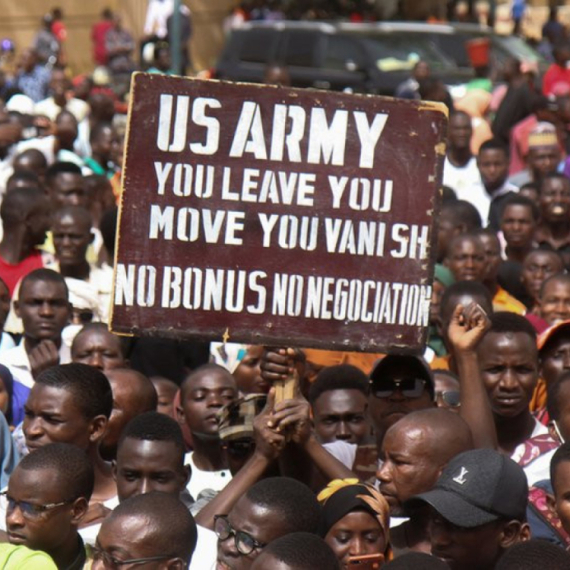
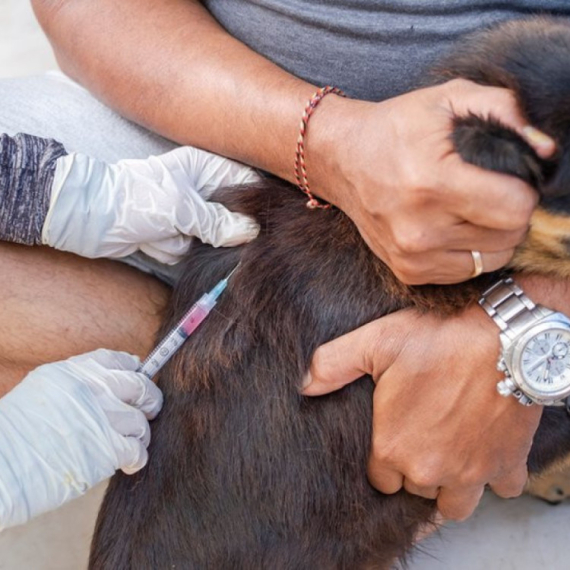
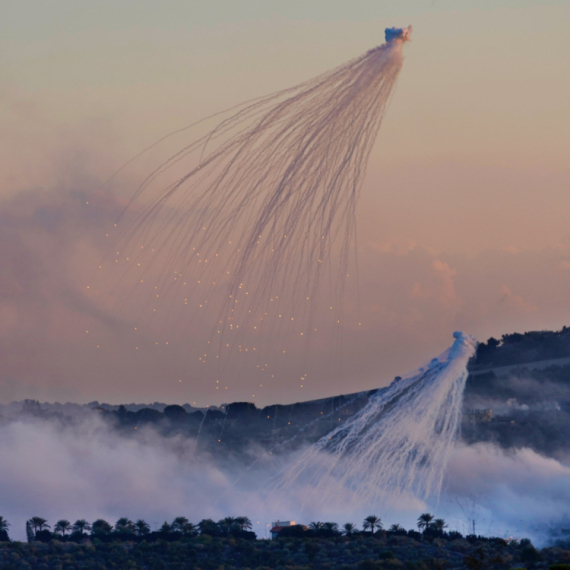



Komentari 10
Pogledaj komentare